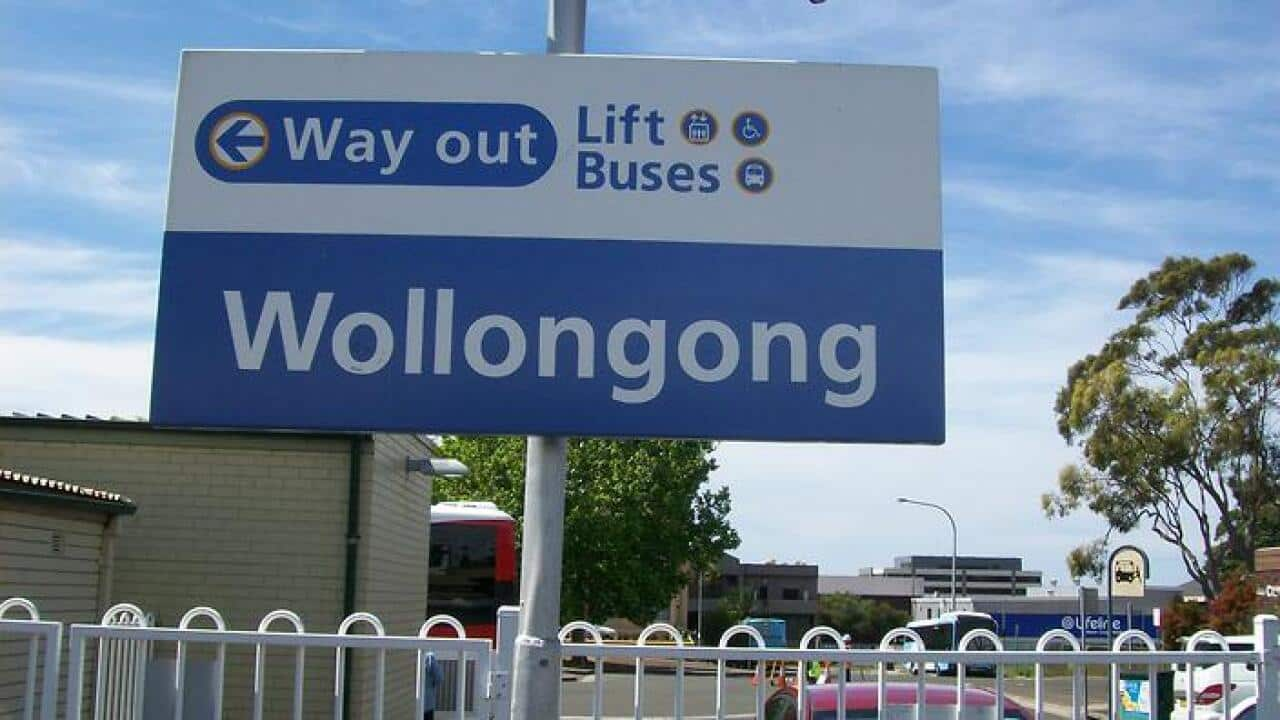Australia is a beautiful country. We often come across the name of places, town, cities that sound different to us.
It can be recognised as an aboriginal word or has its meaning in aboriginal language. Do you know, what is the meaning of your town's name in aboriginal language?
Here are some examples:

Murwillumbah derives from the Bandjalang word meaning 'camping place'
Gundagai, NSW
Is said to mean, 'to cut with a hand-axe behind the knee' in Wiradjuri language. Situated on the bend of Murrumbidgee River, much like the bend in a knee, is the town Gundagai.
Narooma, NSW
A local Yuin word for 'clear blue waters'.
Wollongong, NSW
Thought to mean 'sound of the sea' in the Dharawal language.
The word is pronounced Woll-long-gong, with the second syllable being accented, and is supposedly onomatopoeic for the pounding and surging of the waves.
Dubbo, NSW
Is thought to come from a Wiradjuri word, Thubbo, which is in conjecture of two possible meanings; either 'red earth' or 'head covering', as the first permanent European settler, Robert Dulhunty's house may have looked like the shape of a hat to the local people.

Moruya, NSW
Situated on the Moruya River, the Brinja Yuin word means 'home of the black swan'. Today, the black swan is used as a local emblem.
Katoomba, NSW
Comes from a Gundungurra word meaning 'falling water tumbling over a hill' and takes its name from a waterfall that drops into the Jamison Valley in the region.

Canberra, ACT
Thought to mean 'meeting place' in the local Ngunnawal language.
Tuggeranong, ACT
A Ngunnawal expression meaning 'cold place'.
Gungahlin, ACT
Two potential meanings of this Canberran region, both steaming from the Ngnunnawal language.
First, is 'little rocky hill'.
The second, is from a white settler, William Davis who acquired land in the area in the early 1860s, building the original 'Gungahlin Homestead', derived from the word goongarline, said to mean ‘white man’s house’. Interestingly, Davis maintained a cricket ground on his property and established the Ginninderra Cricket Team which was virtually unbeaten from the 1850s to the 1870s, playing teams from Queanbeyan, Goulburn and Braidwood. Three Aboriginal men were key players on the team, Bobby Deumonga, Johnny and Jimmy Taylor.

(Image: Flickr)
Nagambie, VIC
A Taungurung word for 'Lagoon'.
Natimuk, VIC
A Jardwadjali word thought to mean 'Little Lake'.
Geelong, VIC
Coming from the Wathaurung word, Jillong, meaning 'tongue' which may refer to the tongue-shaped of the part of the bay where Geelong is situated.
Wangaratta, VIC
A Waywurru word for 'resting place of cormorants'. Wonga, meaning 'cormorants' (bird) and -ratta meaning 'meeting place of the rivers'.

(Image: Instagram / @nise41w)
Marrawah, TAS
Peerapper language name for 'eucalypt tree'.
Legana, TAS
As the town sits at the point where the Tamar River becomes fresh water, Legana means 'fresh water' in the local Tyerrernotepanner (Palawa) language.
Parattah, TAS
Meaning 'ice and cold' in the Tarripnyenna language from The Big River tribe.

Whyalla, SA
Comes from a Barngarla word meaning, 'place with deep water'.
Oodnadatta, SA
Derives from the Arrernte word utnadata, a word for 'mulga blossom'.

(Image: Flickr)
Mandurah, WA
A Noongar word originally as mandjar meaning, 'meeting place'.
Balingup, WA
The name was first recorded by a surveyor in 1850, and is said to be derived from the name of a local Aboriginal warrior, Balingan.
Kalgoorlie, WA
Steams from the Wangai word Karlkurla or Kulgooluh, meaning 'place of the silky pears' referring to local edible fruit.
Yallingup, WA
Meaning, 'a large hole in the ground', the town takes its name from a nearby cave (Yallingup Caves) or originally, "Ngilgi's Cave".
Ngilgi's Cave comes from an Aboriginal legend where a vicious fight occurred between a bad spirit who lived in the cave and a good spirit (Ngilgi) who lived in the "Wardan" (the ocean). Yal means large hole in Wardandi (People of the ocean) language.
Yalyalup, WA
A Wardandi variation of 'place of many holes'.

Mataranka, NT
Thought to mean 'home of the snake' in the local Yangman language.
Kakadu, NT
Steams from Gagudju, the language spoken by the people who lived north of the Park. This language is no longer spoken in the region.
Larrimah, NT
Meaning 'resting place' in the local Yangman language.

(Image: Flickr)
Noosa, QLD
A Kabi Kabi word meaning 'shady place'.
Toowoomba, QLD
The local Aboriginal people's pronunciation of the English word 'swamp'.
Badu Island, QLD
The Traditional Owners of the Torres Strait island are known as the Badulgal and Mualgal people, which was shortened to 'Badu' and the island was named to honor local people.
If you have More to add to the list? Get in touch on Facebook

